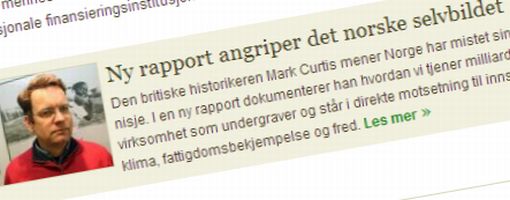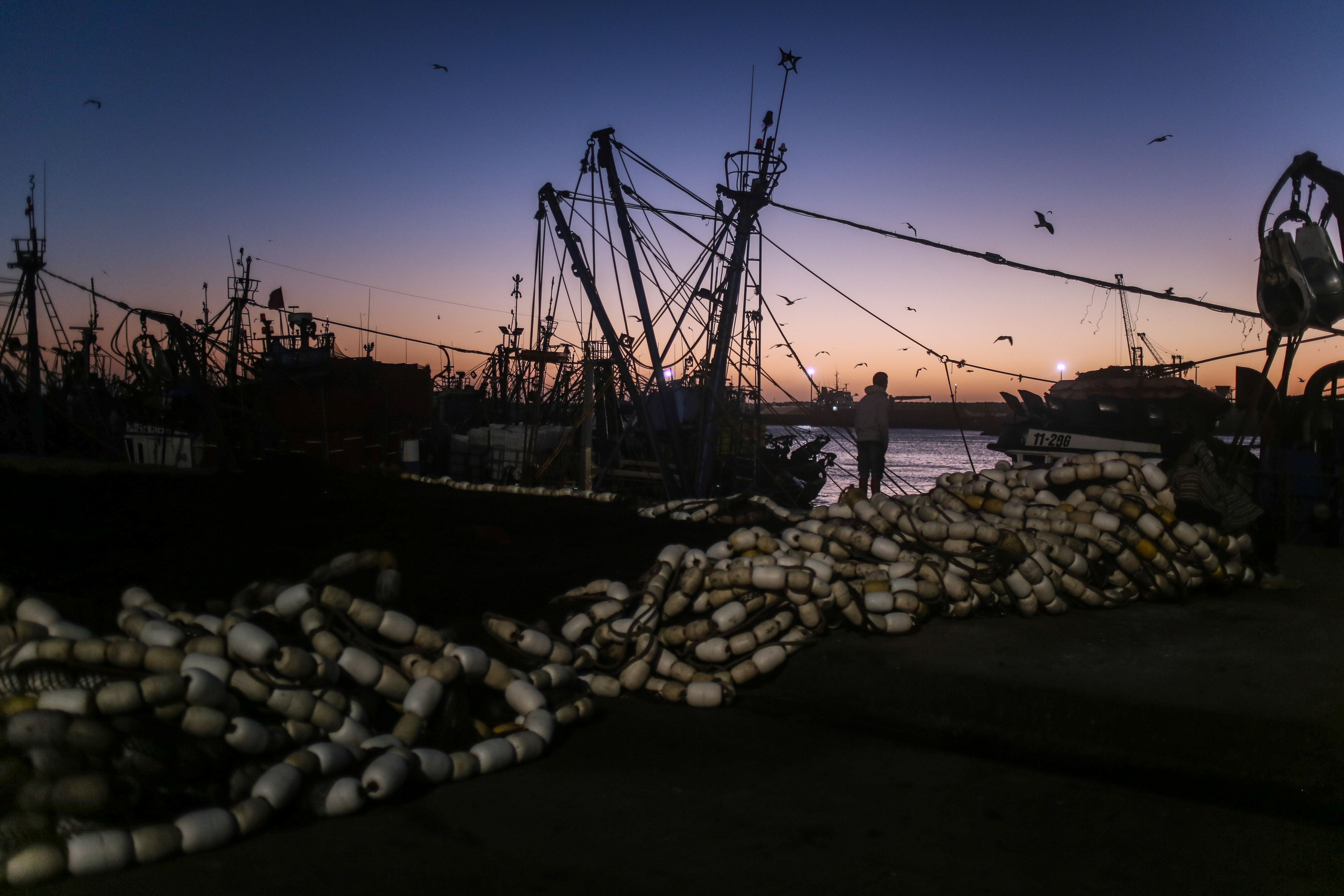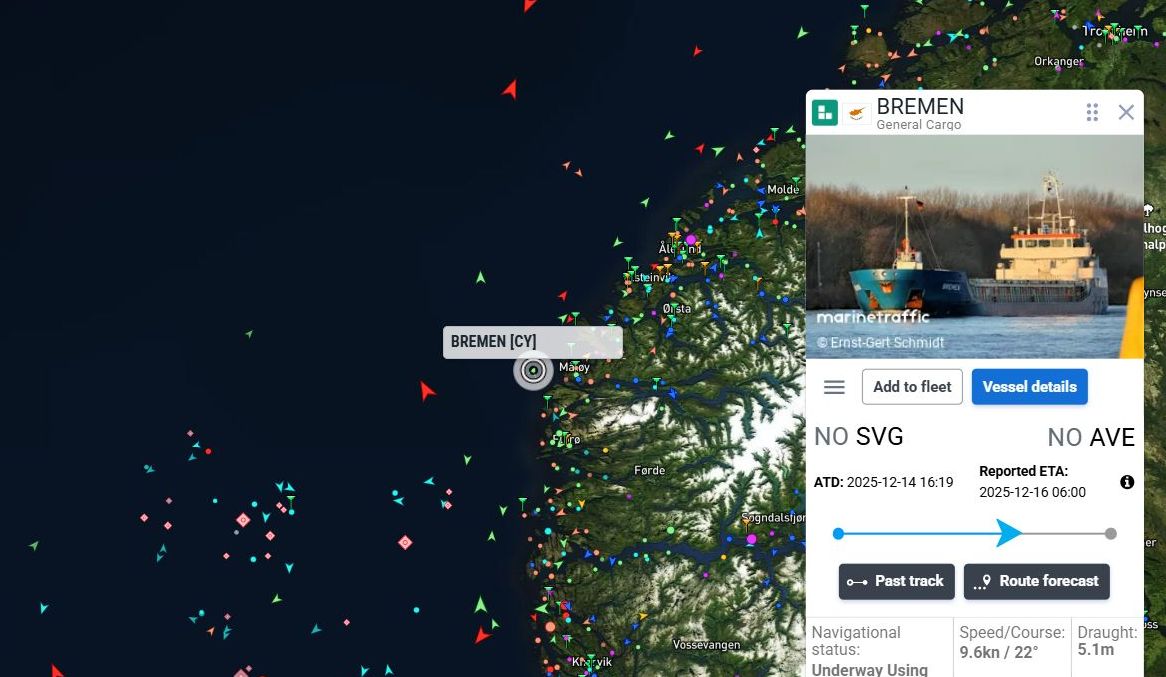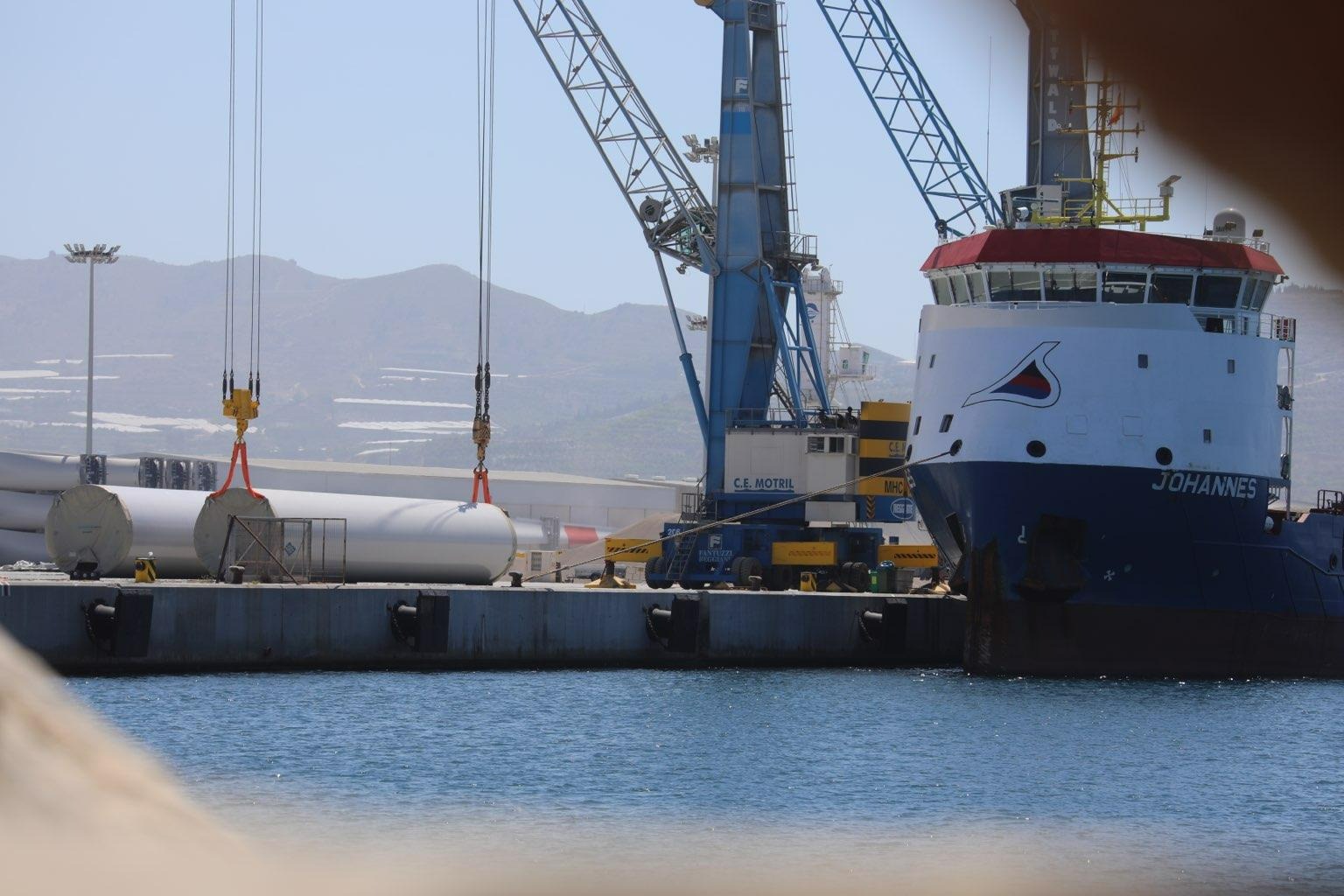Rapport påpeker mangler ved Vest-Sahara-frarådning

Norsk UD fraråder norsk næringsliv å etablere seg i okkuperte Vest-Sahara. En rapport om dobbeltmoral i norsk utenrikspolitikk, påpeker at Vest-Sahara-frarådningen ikke helt fungerer.
Publisert 24. januar 2010
Rapporten "Doublethink: the Two Faces of Norway's Foreign and Development Policy" er skrevet av historikeren Mark Curtis på oppdrag fra Forum for Utvikling og Miljø.
Rapporten kritiserer blant annet fjorårets Stortingsmelding om bedrifters samfunnansvar. I den anledning trekker rapporten fram frarådningen mot etableringer i Vest-Sahara - og påpeker at frarådningen ikke helt fungerer.
In a section on whether companies should work in undemocratic or corrupt countries, the White Paper states:
The government does not intend to politicize the engagement of Norwegian companies abroad by recommending their presence in particular countries or regions as opposed to others, by regulating their presence or by exercising ownership rights It is not the task of the public authorities to regulate an individual companys commercial decisions.
This extraordinary last comment amounts to a denial of the Norwegian economic model, where the state often plays a major role in precisely regulating companies commercial activities. The White Paper states that Norway will simply follow the UN in judging whether Norwegian companies should engage in a particular country. However, it also outlines two exceptions where Norwegian companies are advised not to engage in commercial activities Western Sahara and Burma. The White Paper does not state why these two territories are the exceptions but the obvious reason is that the UN failed to agree to impose full sanctions on them, which precisely highlights why simply following the UN line is insufficient. Moreover, as Table 4 above indicates, two Norwegian companies (Yara and Fugro- Geoteam) have recently done business in occupied Western Sahara anyway. Government advice against doing business in Western Sahara seems to count for as little as following the UN lead.
Finn rapporten på hjemmesidene til Forum for Utvikling og Miljø. Eller last ned rapporten her.
Rapporten trekker også fram avsløringen fra i fjor om at Oljefondet har investert i selskaper som er storimportører av fosfat fra de okkuperte områdene.
Nyheter
Bli medlem. Få plakat
Slik kan du bli medlem, og få verdens fineste plakat i posten.
12. februar 2026
Ny rapport: Sertifiserte folkerettsbrudd
Internasjonale sertifiseringsstandarder dekker over Marokkos kontroversielle handel med fiskeri- og landbruksprodukter fra okkupert Vest-Sahara, dokumenterer ny rapport.
16. desember 2025
Nå: Skip ankommer Skretting på Averøy med last fra kontroversiell leverandør
Et fartøy med fiskemel ankommer i natt Averøy utenfor Kristiansund. Transporten åpner spørsmål om et hullete sertifiseringssystem.
15. desember 2025
Ny rapport: Marokko grønnvasker okkupasjonen av Vest-Sahara
En ny rapport beskriver de massive - og dypt problematiske - prosjektene for fornybar energi som Marokko utvikler i okkuperte Vest-Sahara.
11. desember 2025



